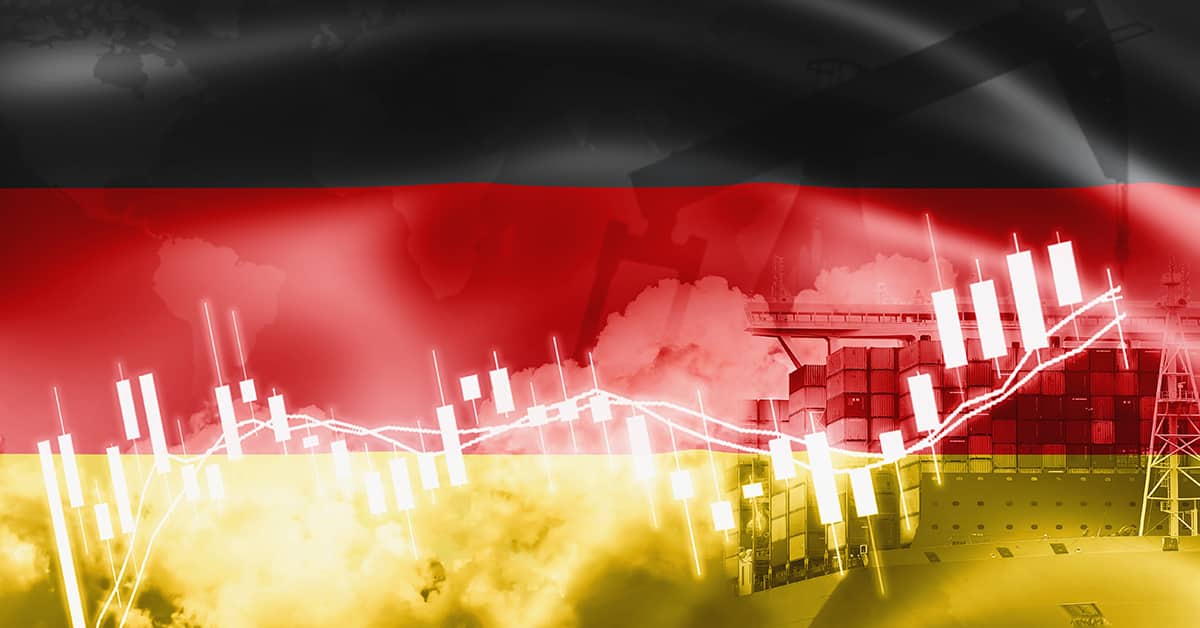The last time Germany had a trade deficit was in 1991.

Many major economies habitually run large trade deficits; Germany has not been one of them. That changed when the country’s Federal Statistical Office revealed a €1 billion imbalance for May, thus breaking a vaunted positive streak that had lasted since 1991.
Yet, experts argue, the shortfall is no cause for alarm—at least for now. “Both exports and imports have increased, but the latter more, suggesting that exports are not intrinsically weak,” University of Mannheim economist Eckhard Janeba says. “Export growth has been held back due to worldwide supply chain problems, which make it harder to ship goods but also to get essential inputs. This is a serious problem, and it takes time for firms to adjust.”
Mathias Hoffmann, professor of international trade and finance at the University of Zurich, agrees: “This has been somewhat of a fetish for the German public and policymakers, but economic theory does not imply that moderate surpluses or deficits are signs of strength or weakness per se.”
For a mature economy like Germany, it suggests that it should probably run small surpluses, since it grows slower than other nations. “A certain surplus is to be expected,” Hoffmann says. “But should it be 8% of GDP, as has often been the case during the last decade? Probably not.”
Hoffmann adds that Germany’s longstanding surpluses could be a symptom of weakness: “Our research suggests that they reflect a mix of low public investment, fiscal austerity, a fragmented banking market and the negative fallout from these factors on private investment.”
A moderate deficit is no immediate reason for concern. “But this could well be the beginning of a permanent shift to a new normal,” says Hoffmann, “in which the traditional ‘business’ model of the German economy is at stake, which was to use cheap, mainly Russian, energy to maintain a rather biggish manufacturing sector that thrived on exports to the (European) East and Far East (China).” With the war in Ukraine dragging on and the greening of the energy supply, the first part of that equation is unlikely to come back, Hoffmann predicts. “And with the accelerated disentangling between China and the West and the concomitant heightened geostrategic risk, the second part may come to an end too.”



